Why Plastic Isn't the Problem
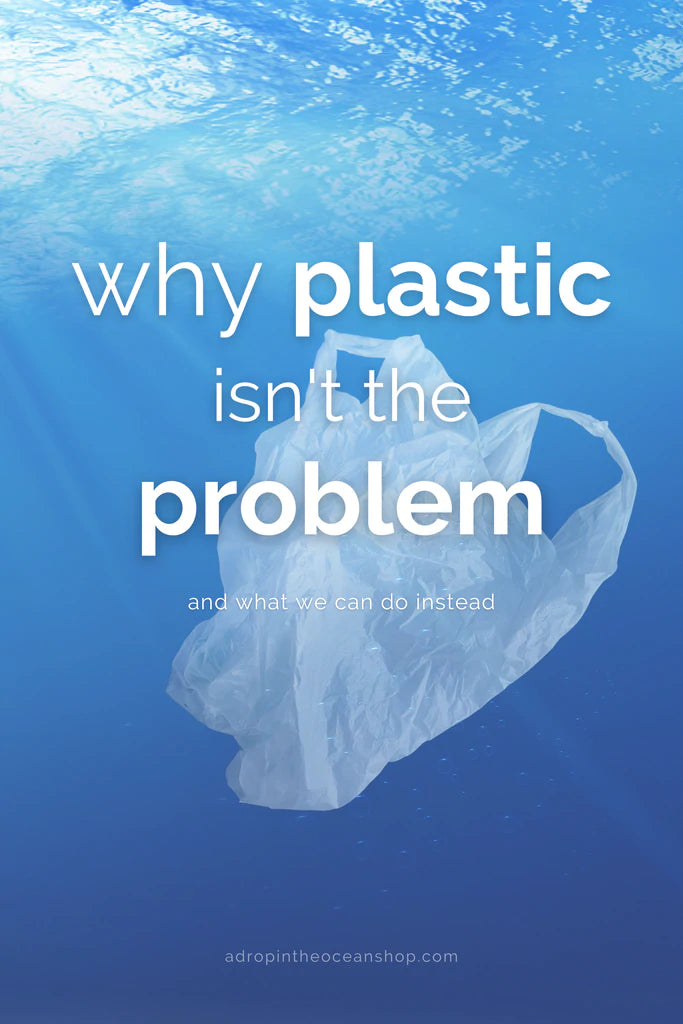
Two weeks ago a video popped up on my Facebook feed titled “What if plastic was never invented?” As I watched it, I found myself experiencing several conflicting thoughts at once. With the plastic free, zero waste, and low impact movements gaining traction, plastic has become vilified, but plastic isn’t really the problem.
A Bit of History
Plastic is so commonplace today that we often forget that it really wasn’t invented all that long ago, and it was actually invented for a really good cause. In the 1860s, a billiards supplier offered a “handsome fortune” of $10,000 to anyone who could invent an alternative to ivory for billiard balls. While the first alternative created was not actually a great solution for billiard balls, it was an effective alternative for ivory in combs, and led to the invention of several other types of plastics.
Today, around 100 elephants are killed each day for their ivory, and their populations have dropped by 62% over the last decade. Without plastic, that number would be immensely higher. We may not even have elephants today were it not for plastic.

During World War II, resources were limited, and plastic was used in every possible way for the war effort. Many historians actually credit plastics just as much as military capabilities with the outcome of the war. Without plastic, we would be living in a drastically different world today.
It wasn’t until 1955 when our plastic problems truly began.
Once WWII was over, we not only had created several types of plastic, but we had mass production capabilities. When we no longer had a war to supply with plastic, the plastic manufacturers needed a new customer base. They turned to the average consumer.
In 1955, LIFE magazine published an article titled Throwaway Living, praising disposability. Until this time, disposability was absurd. Products were designed to last. The idea of using something once and throwing it away simply made no sense. But the article celebrated this new lifestyle. “No housewife need bother” doing the dishes anymore - just throw them in the bin instead! Suddenly, disposability was cool.

Image credit: LIFE magazine, 1 August 1955
This is the power of manufactured demand. Throwaway Living is credited with launching our disposable society.
Yes, plastic is choking our oceans. But it’s not really the plastic’s fault. By only addressing the plastic problem, we ignore the root cause.
Our Relationship with Stuff
If we get rid of plastics, we’ll simply replace it with something else. Perhaps glass, aluminum, or cardboard. All of which are highly recyclable, and even food-soaked cardboard can be composted. This sounds great, right?? But glass, aluminum, and cardboard still require resources to create, and are not always recycled. Producing more glass, aluminum, and cardboard will still strain our environment. It may not entangle seals or cause starvation in birds, but we’ll still extract valuable resources from the earth, harm habitats and ecosystems, and send a lot of perfectly usable resources to landfill.
We live in a society dominated by overconsumption. We do not have respect for our belongings.
I recently read an Amazon product review praising a product for being “sturdy enough to use again if I feel like it, but cheap enough I can just throw it away and buy more if I want.”
This. This is the problem. We are habituated to buy products with the sole intention of throwing them away.

“There is no such thing as away. When we throw anything away, it must go somewhere.” - Annie Leonard, The Story of Stuff
Let’s not vilify plastic. Let’s remember its usefulness, its purpose, and its benefits. Let’s remember that I’m writing this post on a laptop made of plastic. Let’s remember that without plastic, our medical advancements would basically be non-existent.
Let’s rethink our consumption habits. Let’s rethink our relationship with stuff. Let’s put value back into our possessions.
“Our trash tells a story...a story about what we value.” - Andrea Sanders
Plastic is a non-natural, non-biodegradable, hardly-recyclable material. While it is important that we find a suitable alternative, it is even more important that we rethink, refuse, reduce, and reuse.
What are your thoughts on the plastic problem?
Related:
Is a reusable straw better than a plastic one?
The Ultimate History of Single-Use Plastics: How did we become a disposable society?
What exactly does the chasing arrows recycling symbol mean?


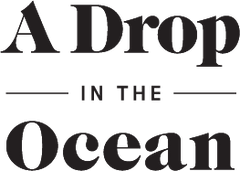


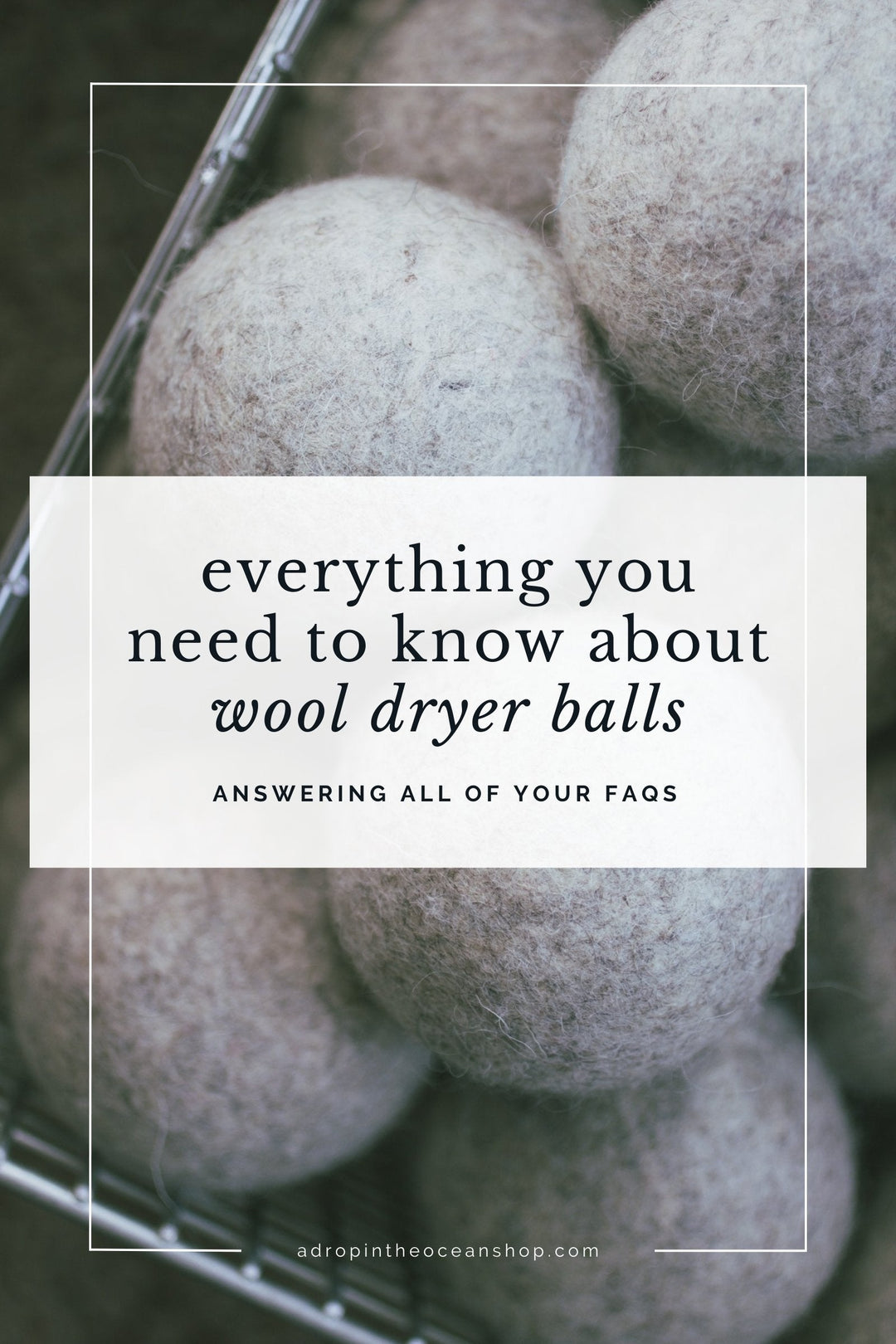
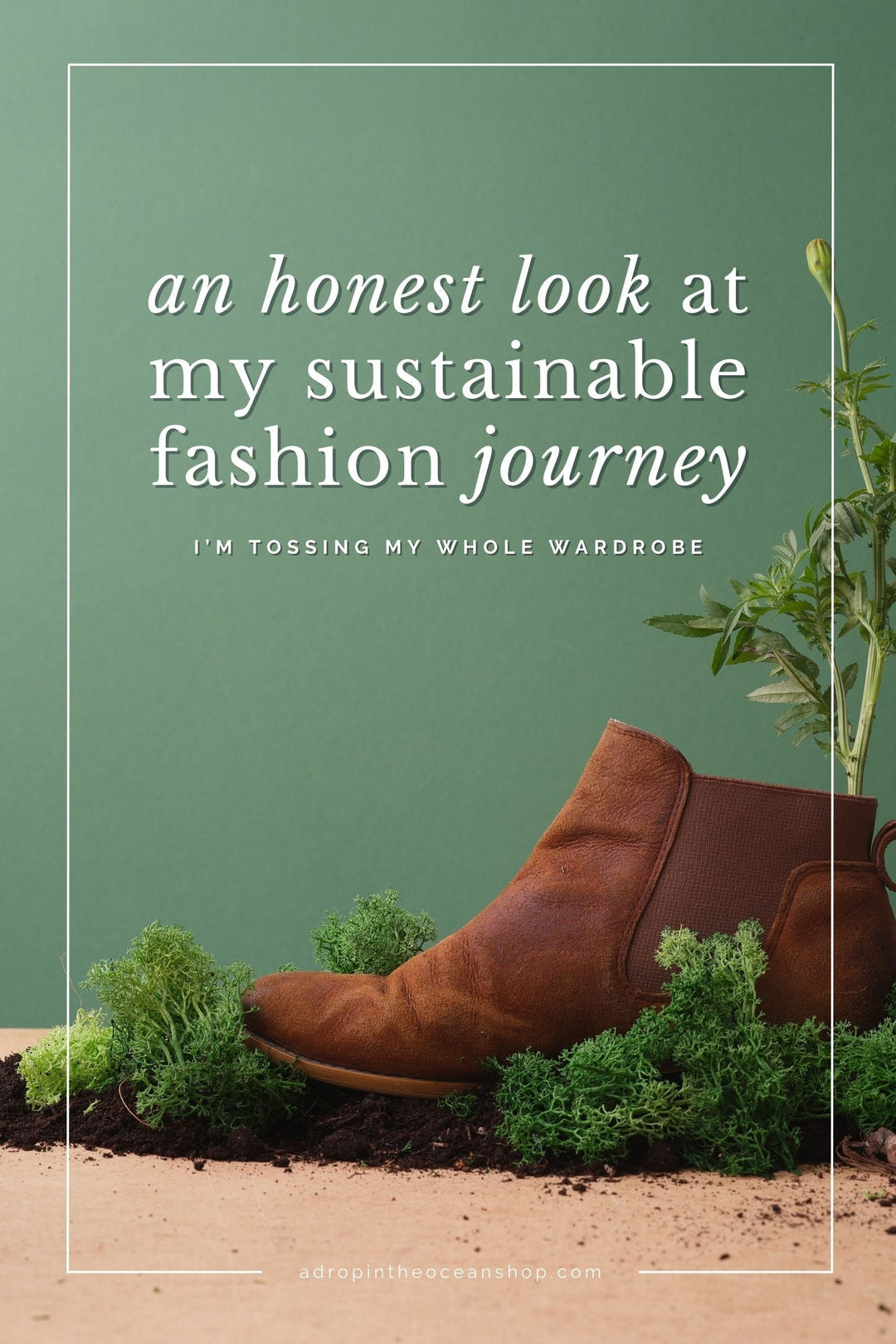
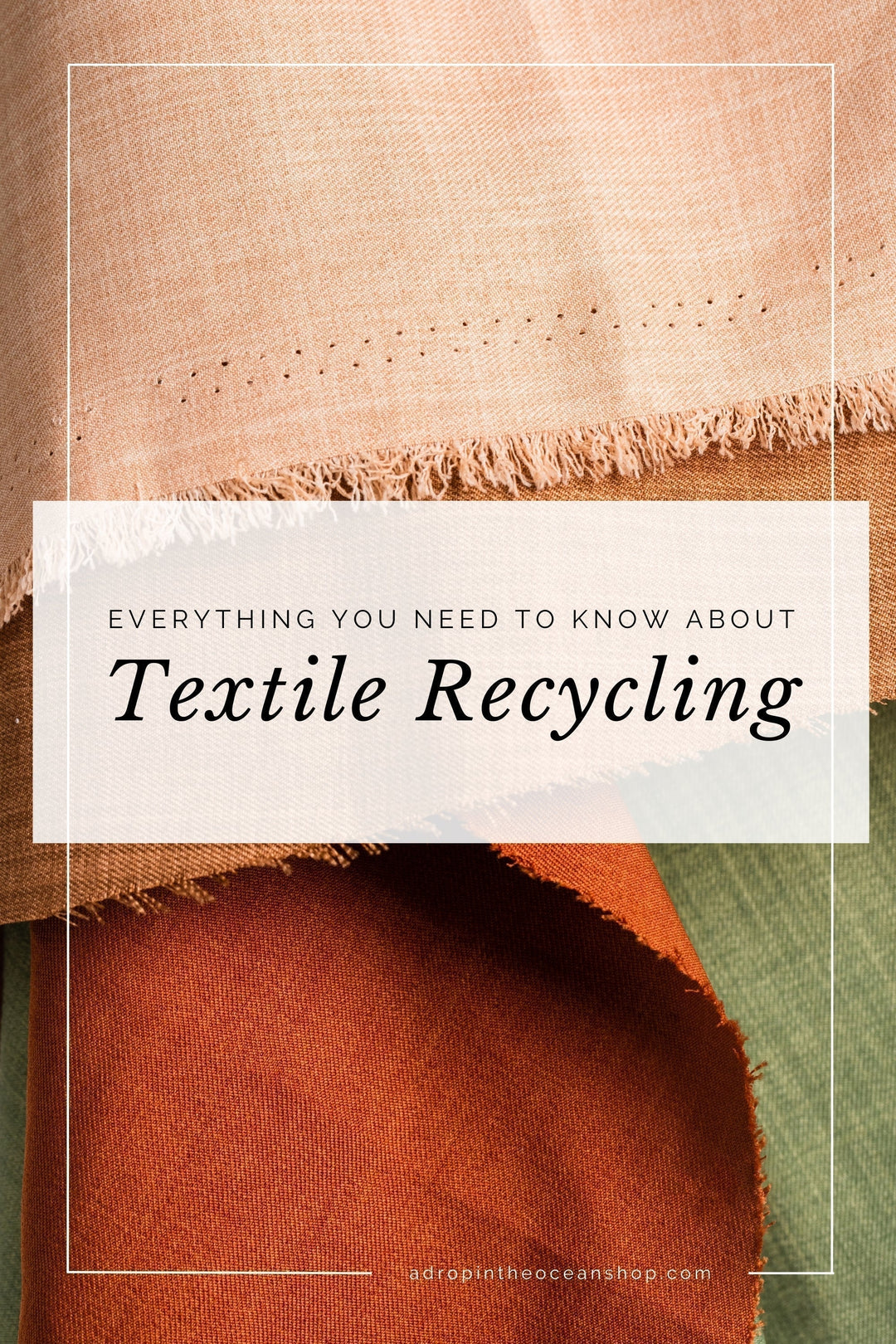
There is no single issue regarding sustainability, to misquote a familiar phrase "sustainability isn’t a big thing, it’s a million little things’! My concern is with all the tips for recycling and repurposing plastics, it seems to me to give justification to being blasé about the plastic problem – “oh, look I stuck some shells on this yoghurt pot and now I have a pretty vase”! How many mini yoghurt pot sized vases does one person need?
The plastic carrier bag was developed as an ecological alternative to paper bags in order to reduce the number of trees being cut down but a plastic bag needs to be used, I think, more than four times for it to be a viable option to a paper bag, being stronger than paper this was how the man who developed the plastic bag intended them to be used.
Great article. This is my stance all along. It is not plastic that create the problem – it is human behavior. Not only for what we use ( glass, paper, tin, sink, iron, building material, domestic / household wast in general but what we do when we are finished with it. We need to force every city to have a waste treatment plant and behavior education must be a subject at school.
This was a very good read and thank you for bringing up the point of overconsumption. This has been something that I have really tried to control myself the last couple of years . I think this may be the largest and most important point in western society we have become accustom to over consuming everything .
I still think plastic will play a large role in the future and will not be replaced . It will be another tool in our growing human tool belt . It has served a huge purpose in protecting the environment and like you mentioned it was not until we became a very “throwaway” society that this issue began to pile up , literally.
Yikes
Point massively missed by most…
defending their little bits of ideological turf which they do not even truly comprehend
@Lara and @Le get it…
The fundamental problem is a profound disrespect for the land, water, air, – the entire ecosystem
People have become insulated from the effects of choices they make by layers of crony-corpiratist entities all grinding natural and human resources to satiate the demands of those who have been programmed to expect ever more with no regard for the consequences.
To those tossing around the trite “overpopulation” problem…
Who do you propose be scheduled for alien abduction or Soylent Green production ?
What exactly do you propose as the FinalSolution?
Let’s say all males were vasectomized by some kind of global fascist imposed initiative and there were no more births after 2030
How many of the ecological / climatic crises would be magically solved ?
Thank you for writing this post. I never knew the role plastic played in WWII or saving the elephants. I’ve used the same comb for many years. I’m glad it’s plastic and not ivory. Plastic does have some great uses.
This comment section is ridiculous.
Throwaway culture is a problem. So is overpopulation, consuming animal products, and relying on fossil fuels. We need to stop telling ourselves there’s only one “real” problem because everything else would be too inconvenient to change or discrediting someone else’s effort because it looks different from our own. We can all do better. To quote Anne-Marie Bonneau, “we don’t need a handful of people doing zero-waste perfectly. We need millions of people doing it imperfectly.”
Leave a comment